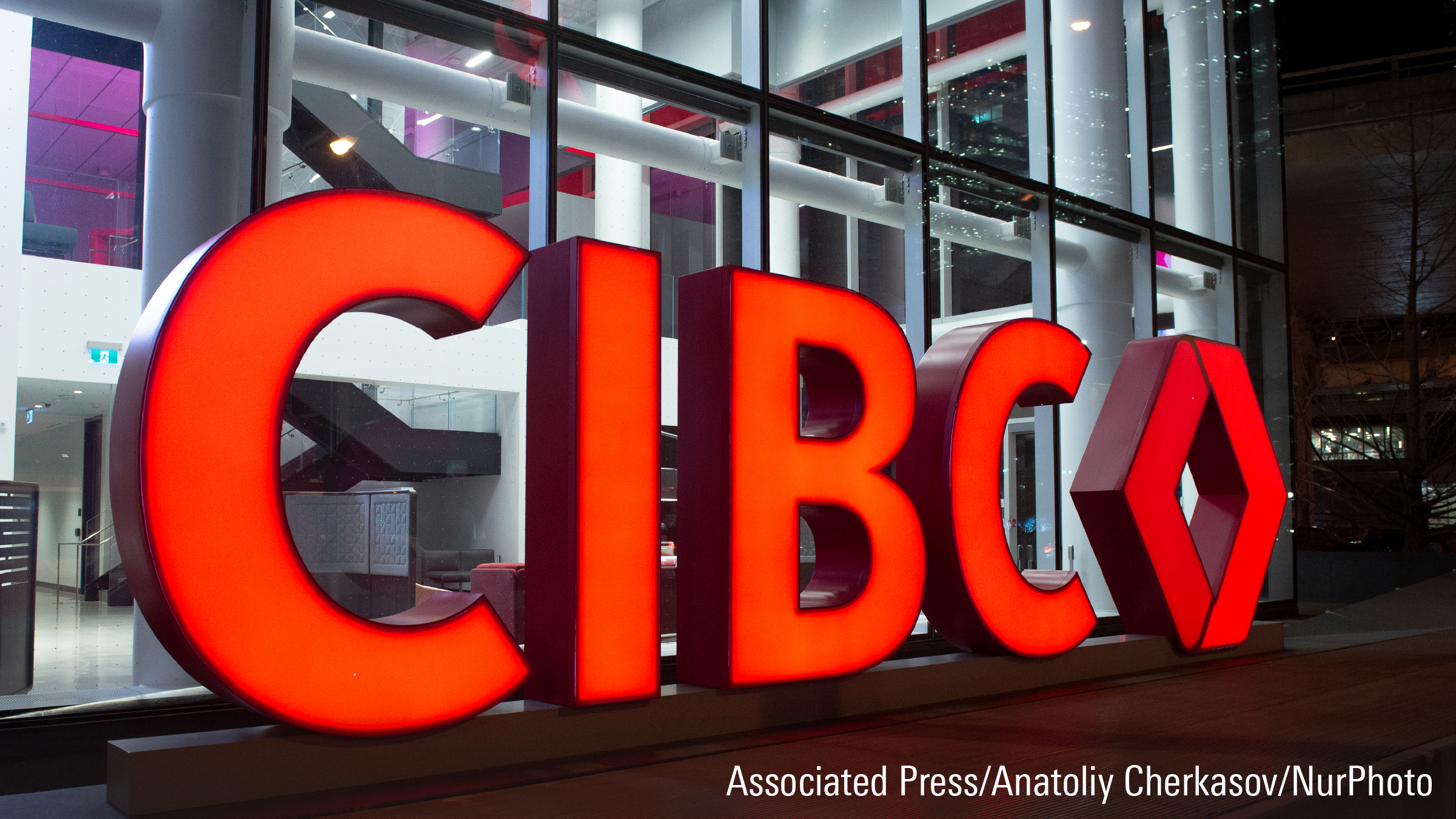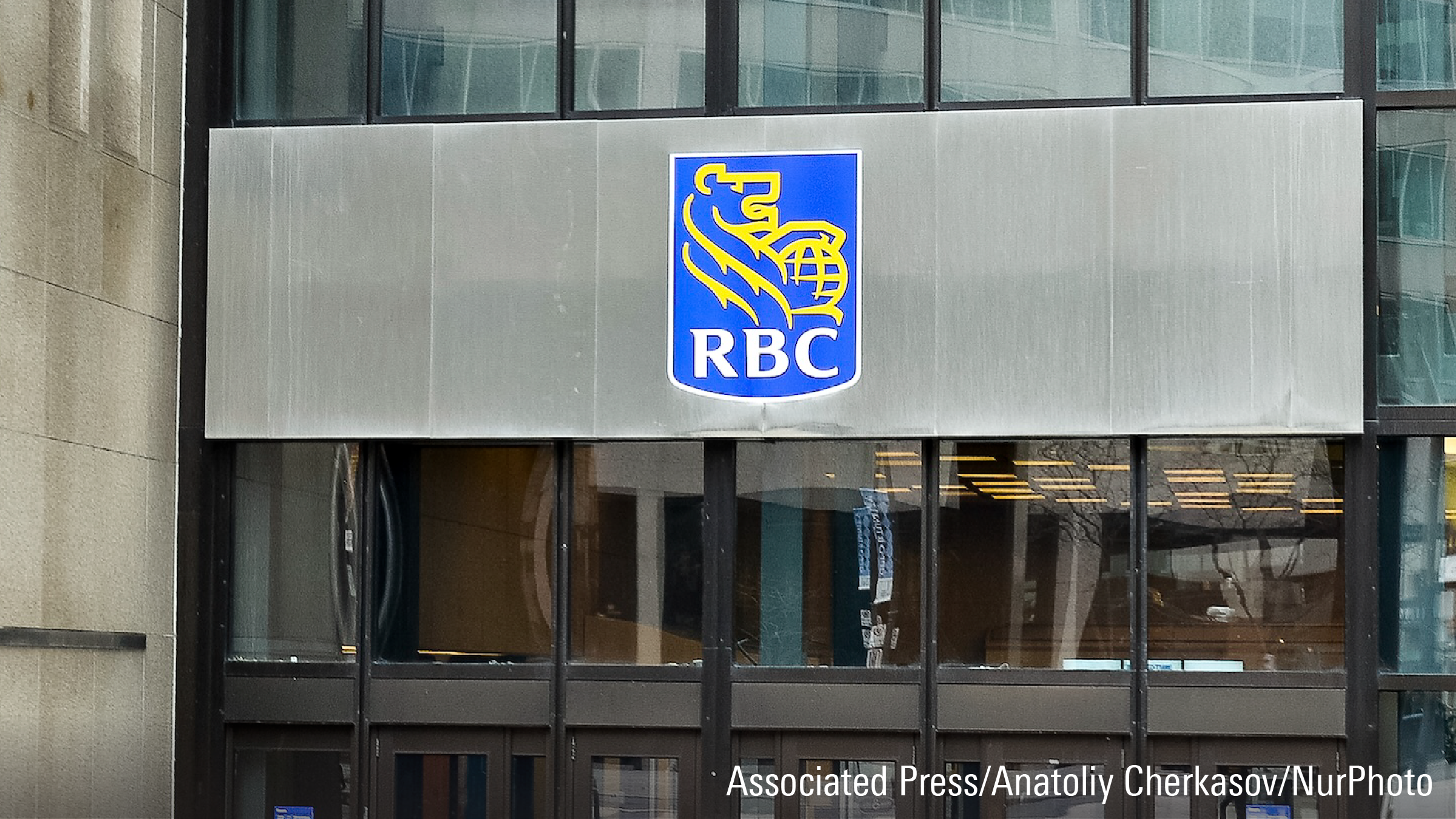Let's face it; residential real estate isn't as attractive an investment opportunity as it was as recently as a decade ago. For the millennial generation, this means remaining cautious of overzealous advice from older counterparts who made significant gains years ago and believe the same holds true today.
This is especially true in two of Canada's biggest cities: Toronto and Vancouver. In Toronto, for example, the average cost of a condominium unit -- the dwelling of choice for many millennials -- is now $533,447, according to the Toronto Real Estate Board.
However, lofty prices aren't deterring millennials from investing in real estate. According to a recent CIBC-sponsored survey, conducted by Angus Reid and released in May, twice as many Canadian millennial (aged 18-34) homeowners say they'd opt for a residence that is a source of rental income than their boomer counterparts (54% and 25% respectively).
Jamie Golombek, managing director, tax and estate planning with CIBC, says younger adult Canadians tend to be entrepreneurial and as such, they have an interest in real-estate investing -- and not simply covering their own housing needs.
"You have to look at the price you're paying, your affordability and ultimately what your projections are in terms of buying versus renting," Golombek says. "You really have to do your math, have a budget and determine whether or not buying or renting makes sense for you at this point in your life."
Buying a home is one thing, but investing in a rental property is a riskier proposition. Golombek recommends sitting down either by yourself or with a financial advisor to look at your projected rental income and whether you can afford to invest.
In the past, an investor might purchase a condo unit, rent it out, and pay off the mortgage over time. Factor in the gains from the sale and that condo will have amassed the owner a fair amount of wealth. Fast-forward to 2018 and the same might not -- and probably doesn't -- hold true.
Let's run the numbers, assuming the real-estate investor has 20% to put down on a $500,000 condo and the interest rate is 3.74%.
| Mortgage | $400,000 | |
| Monthly mortgage payment | $2,050 | |
| Monthly property taxes | $300 | |
| Maintenance fees | $300-$700 | |
| Utilities | $200 |
In this scenario, total monthly disbursements could be up to $3,250. Compared to the $2,189 of average monthly rental income earned, according to the CIBC survey, the average condo investor could end up in the red each month.
This is a very simple illustration to demonstrate what an average month might look like, and the reality could vary with each individual circumstance. A condo price, for instance, could be well below $500,000 in an area outside of a major urban centre, giving an investor far more breathing room with monthly payments -- though the trade-off is likely to be lower rental income.
Rental income brings regular cash flow, and it's also important to keep in mind that the monthly mortgage payment isn't a completely sunk cost like your other disbursements. The amount is split between interest and equity repayment. Depending on your down payment, about half of your payment in the early days might go toward building equity. As you continue to pay down principal, this ratio will increase over time.
Cash flow is an important consideration in the rent-versus-buy decision, but it isn't the only factor. When viewing a condo as an investment property, you must incorporate the potential for property value increase in your analysis.
"When you look at the actual math, and really study the return on investment investors are potentially going to see with the total returns that are achieved through equity build and modest price appreciation, you can see why investors are still willing to put their money to work in the condo market," says Adil Dharssi, a sales representative with iPro Realty in Toronto.
According to the most recent report by Royal LePage, average national condo prices have increased 10.3% year over year, with Toronto and Vancouver showing increases of 11.9% and 19.8% respectively. When factoring this annualized growth into our $500,000 condo example illustrated above, the outlook is appealing. Over five years, for example, the condo will have appreciated to $805,255. There’s no guarantee prices will continue to appreciate at this pace, but even a modest increase in price could make property ownership a favourable choice.
Golombek points out the tax benefits of becoming a landlord in a new report he co-authored with CIBC colleague Debbie Pearl-Weinberg, executive director, tax and estate planning. These include tax breaks on areas like home renovations, real estate fees, deductibility of interest and property insurance.
Golombek adds, however, that it's important to be aware of and understand the risks. "I caution people that if expenses are always exceeding your income, you may have a problem ultimately in terms of always being able to write off losses if there's no reasonable expectation of making a profit over the long term."
He also notes that added caution must be given to the notion of renting out properties to friends or family members at lower than fair market value, since it limits your ability to claim expenses or write off a loss.
Like any other major money decision, deciding to invest in real estate is something that should be carefully thought through. Review your options, speak to a professional and make a decision that will work for you over the long term. Not everyone is cut out to be a landlord.















